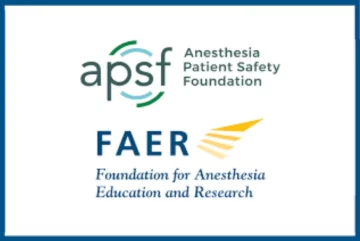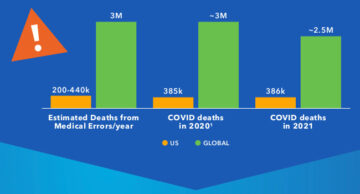In the month of October 2018, 25% of Medicare patients experienced harm during their hospital stay – for 43% of these patients, the harm events were preventable. The common types of harm events were related to medications, pressure ulcers, and surgical complications such as hypotension and hospital-acquired infections.
The cost of the harmful events was calculated to be in the hundreds of millions of dollars for the month of October. 64% of adverse events that resulted in patient death were preventable. Preventable events were commonly linked to substandard or inadequate care. The previous report in 2010 reviewing the month of October 2008 shows very similar numbers of patient harm events as this report.
Recommendations:
- Given the scale and persistence of patient harm in hospitals over the last decade, since the last report: HHS leadership and agencies must work with urgency to reduce patient harm in hospitals
- CMS to update its list of Hospital Acquired Conditions HACs
- CMS to expand the use of patient safety metrics for healthcare payment
- CMS to enforce hospitals tracking and monitoring of patient harm
- AHRQ to update Quality Strategic Plans
- AHRQ to optimize the use of Quality and Safety Review System
- AHRQ to develop national clinical best practices to improve patient safety
- AHRQ to identify and develop new strategies to prevent patient harm events in hospitals
To read the full Adverse Events in Hospitals OIG report from the U.S. Department of Health and Human Services, click here.





